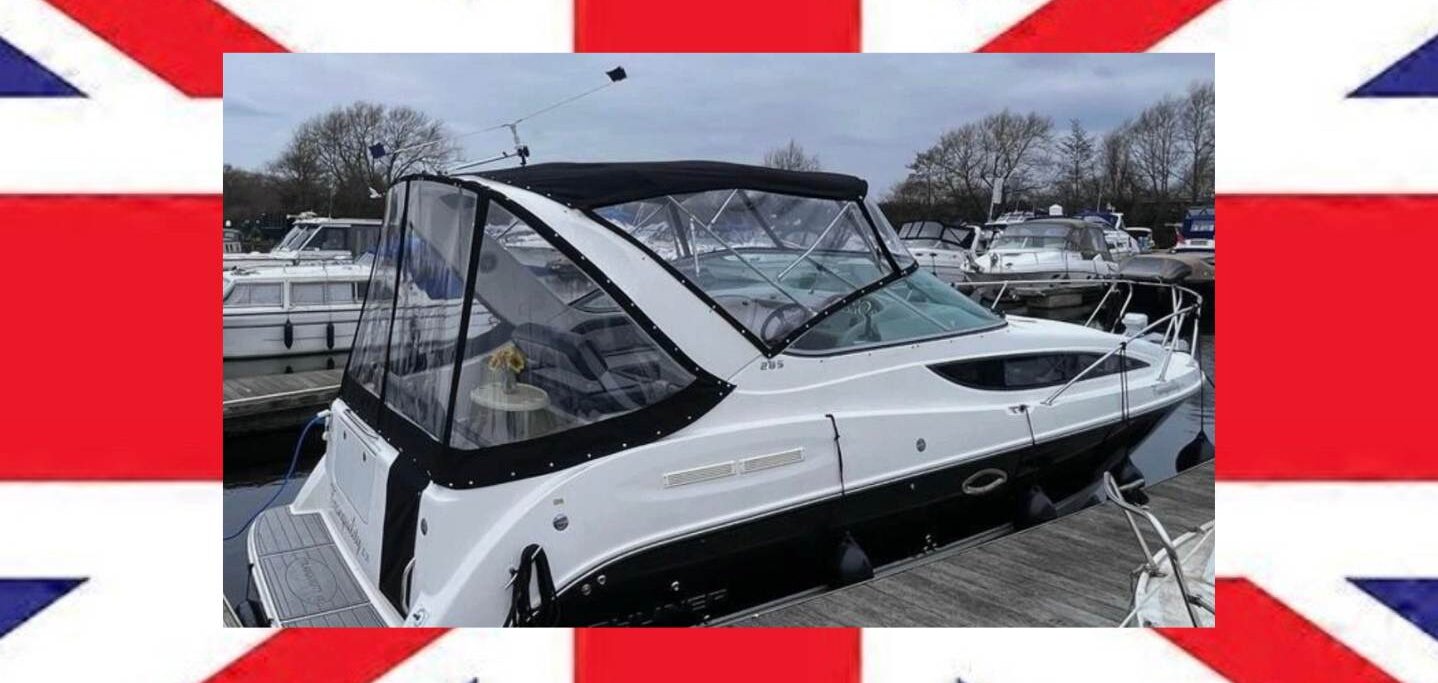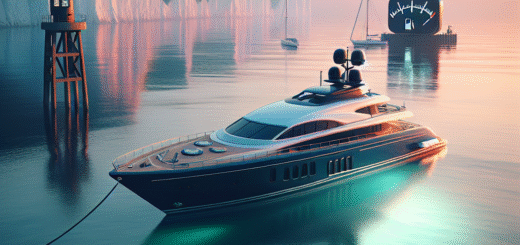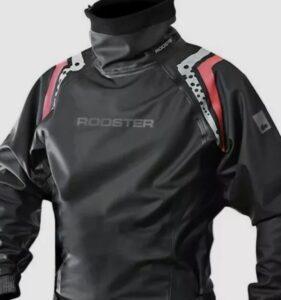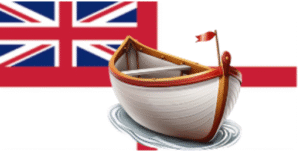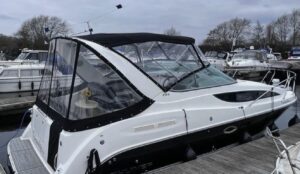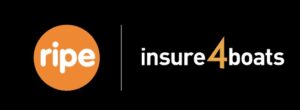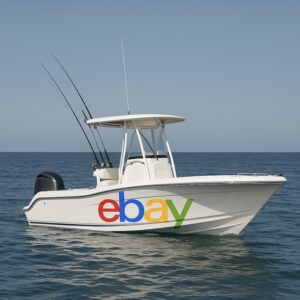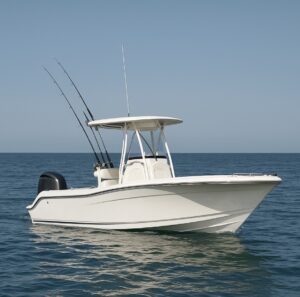Must-Have Boat Safety Equipment for UK Waters
Must-Have Boat Safety Equipment for UK Waters
Sailing the scenic waters of the United Kingdom is an exhilarating experience. From the rugged coastline of Cornwall to the serene beauty of the Scottish lochs, UK waters offer a captivating adventure for boating enthusiasts. However, safety should always be a top priority, whether you’re a seasoned sailor or a weekend wanderer. In this guide, we’ll explore the essential boat safety equipment you need to ensure a safe and enjoyable voyage in UK waters.
Introduction to Boat Safety
Embarking on a boating adventure requires more than just an enthusiasm for the open waters. It involves a commitment to safety, which is crucial not only for your own well-being but also for those on board and in the surrounding waters. Understanding the unique conditions of UK waters, including unpredictable weather and strong tides, is vital to preparing adequately. Let’s delve into the must-have safety equipment that every boater should carry.
Personal Flotation Devices (PFDs)
Arguably the most important piece of safety equipment, personal flotation devices, or life jackets, are mandated by law in many areas. In the UK, each person on board should have a properly fitted life jacket. These devices are designed to keep you afloat in case of an emergency, such as falling overboard. Ensure that your PFDs are in good condition and readily accessible at all times.
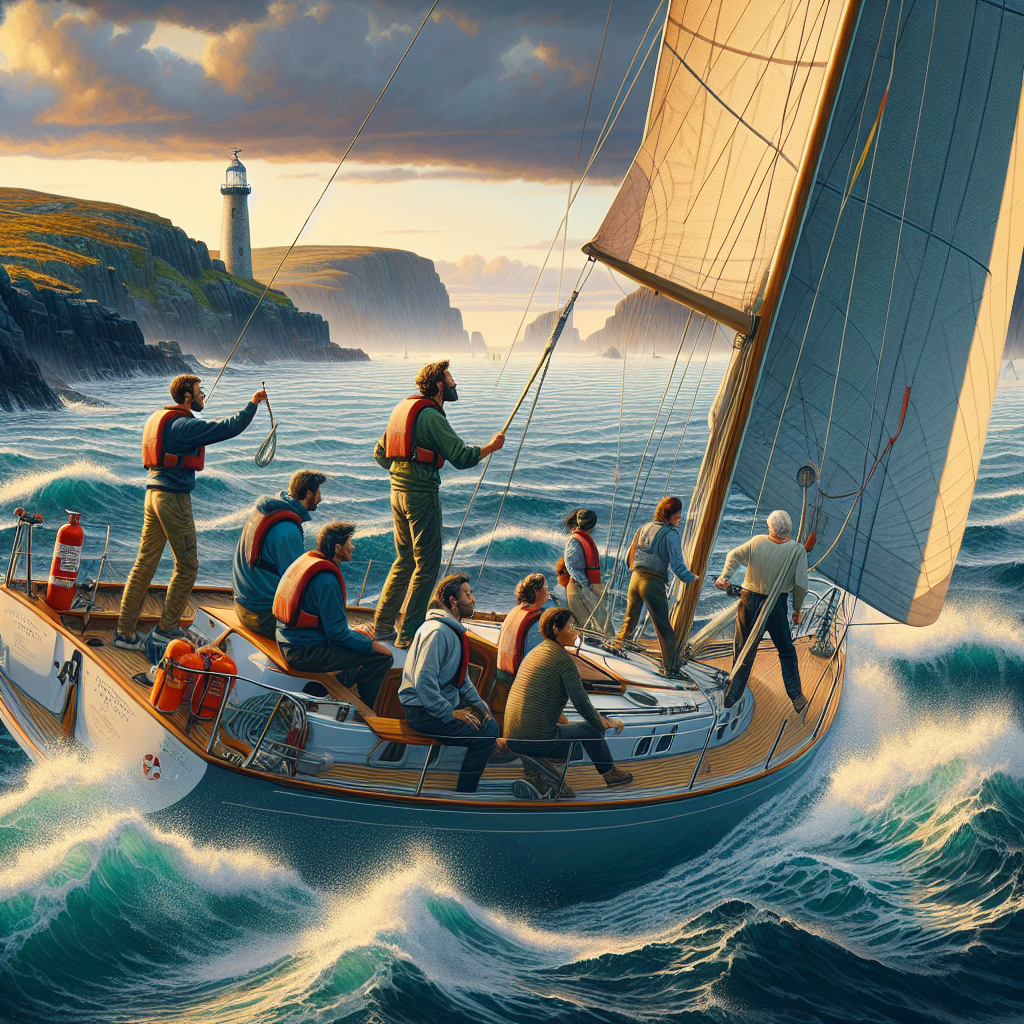
VHF Marine Radio
A VHF marine radio is an essential communication tool. In the event of an emergency, it’s crucial to be able to call for help. While mobile phones have become increasingly reliable, their signal can be patchy in remote areas. A VHF marine radio provides a direct line to the Coastguard and other vessels, ensuring your message gets through when it matters most. Familiarize yourself with the basic operation of the radio, including how to make a distress call.

Navigation Lights
Navigation lights are vital for nighttime or low-visibility conditions, helping to prevent collisions by making your vessel visible to others. They are required by law and should be checked regularly to ensure they are functioning correctly. Familiarize yourself with the light configurations for different types of vessels to understand how to interpret the lights of others on the water.
First Aid Kit
A well-stocked first aid kit is indispensable on any boat. It should include bandages, antiseptic wipes, pain relievers, and seasickness tablets, among other essentials. In UK waters, where hypothermia can be a risk, consider adding thermal blankets to your kit. Regularly check and replenish your first aid supplies to ensure they are ready for use when needed.
Flares and Signaling Devices
Flares and other signaling devices are crucial for attracting attention in an emergency. They can be used to signal for help or indicate your position to rescuers. In the UK, carrying a combination of red handheld flares, orange smoke signals, and a signaling mirror is recommended. Always store them in a waterproof container and be aware of their expiration dates.
Fire Extinguishers
Fires on boats can be catastrophic, making fire extinguishers a critical safety tool. Ensure that you have the appropriate type and number of extinguishers for your vessel, and make sure everyone on board knows how to use them. Regular maintenance checks will help ensure they are in working order when needed.
Anchor and Ground Tackle
An anchor is more than just a means of stopping your boat; it is a key safety tool in emergencies, such as engine failure or when you need to wait out bad weather. Ensure your anchor is the right size for your boat and that you have sufficient rope or chain. Practice deploying and retrieving your anchor so you are prepared when the need arises.
Charts and Navigation Tools
Even in the age of GPS, having physical charts and navigation tools is wise. UK waters can be tricky to navigate with their numerous channels and shifting sands. A chart plotter, compass, and binoculars can help you maintain your course and avoid hazards. Regularly update your charts to reflect any changes in the waterways.
Conclusion
Boating in UK waters offers a unique blend of adventure and tranquility, but it also demands respect for the sea and a commitment to safety. By ensuring your vessel is equipped with the necessary safety equipment, you not only comply with maritime regulations but also safeguard the lives of everyone on board. Regularly check and maintain your safety gear, stay informed about weather conditions, and you’ll be well-prepared for a safe and enjoyable journey. Remember, safety on the water is a shared responsibility, so educate your crew and ensure everyone is ready for whatever the sea may bring.
Get The Spares You Need
Add CTA sections description.
